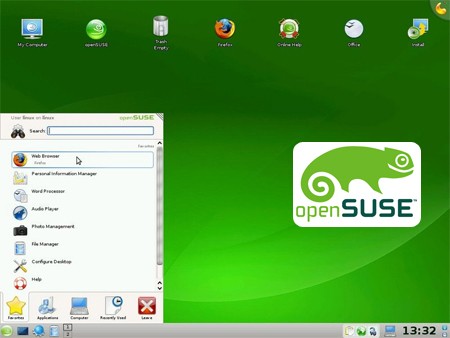One of the Linux stories of the moment has come from Red Hat, with their ongoing efforts to make accessing the source of their Red Hat Enterprise Linux product a paid-for only process. This has caused consternation and annoyance alike, from the open source community angry at any liberties taken with the GPL, and from the community of RHEL users and customers concerned as to what it might mean for them.
Now a new player has entered the fray in the form of SuSe, who have announced the creation of an RHEL fork with the intention of maintaining a freely-available Red Hat compatible operating system distribution.
This is good news for all who use Red Hat derived software and we expect the likes of Rocky Linux will be taking a close look at it, but it’s also a canny move from the European company as they no doubt hope to tempt away some of those commercial Red Hat customers with a promise of stability and their existing experience supporting Red Hat users through their mixed Linux support packages. We hope they’ll continue to maintain their relationship with the open source world, and that the prospect of their actions unleashing a new commercial challenge causes Red Hat to move away from the brink a little.
Need some of the backstory? We’ve got you covered.
The perfect header for this story comes via atzerok, CC BY-SA 2.0.












